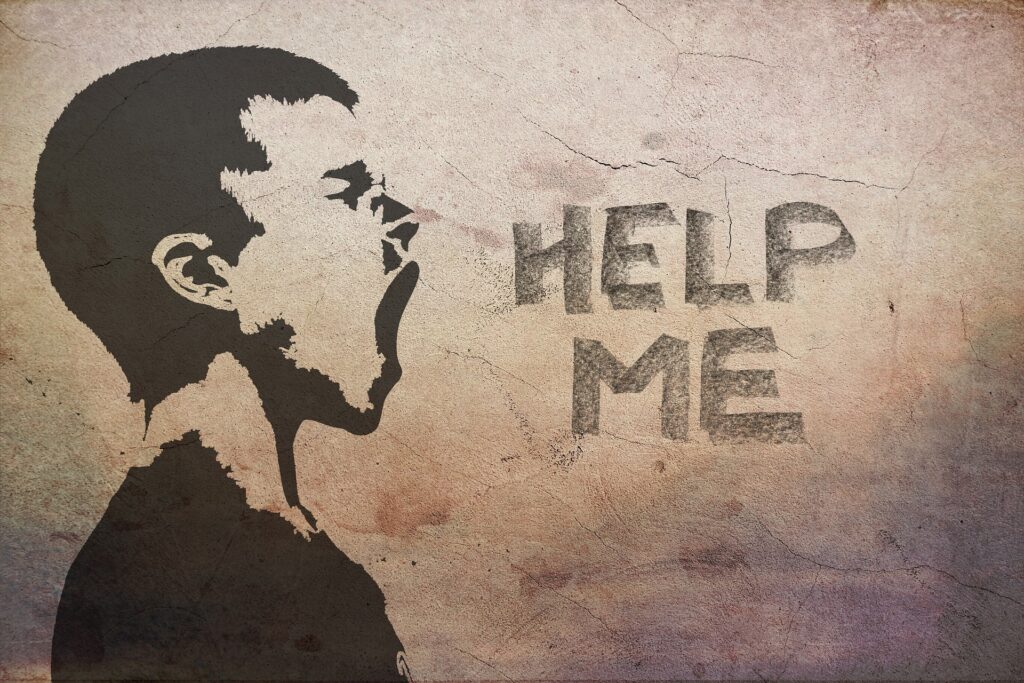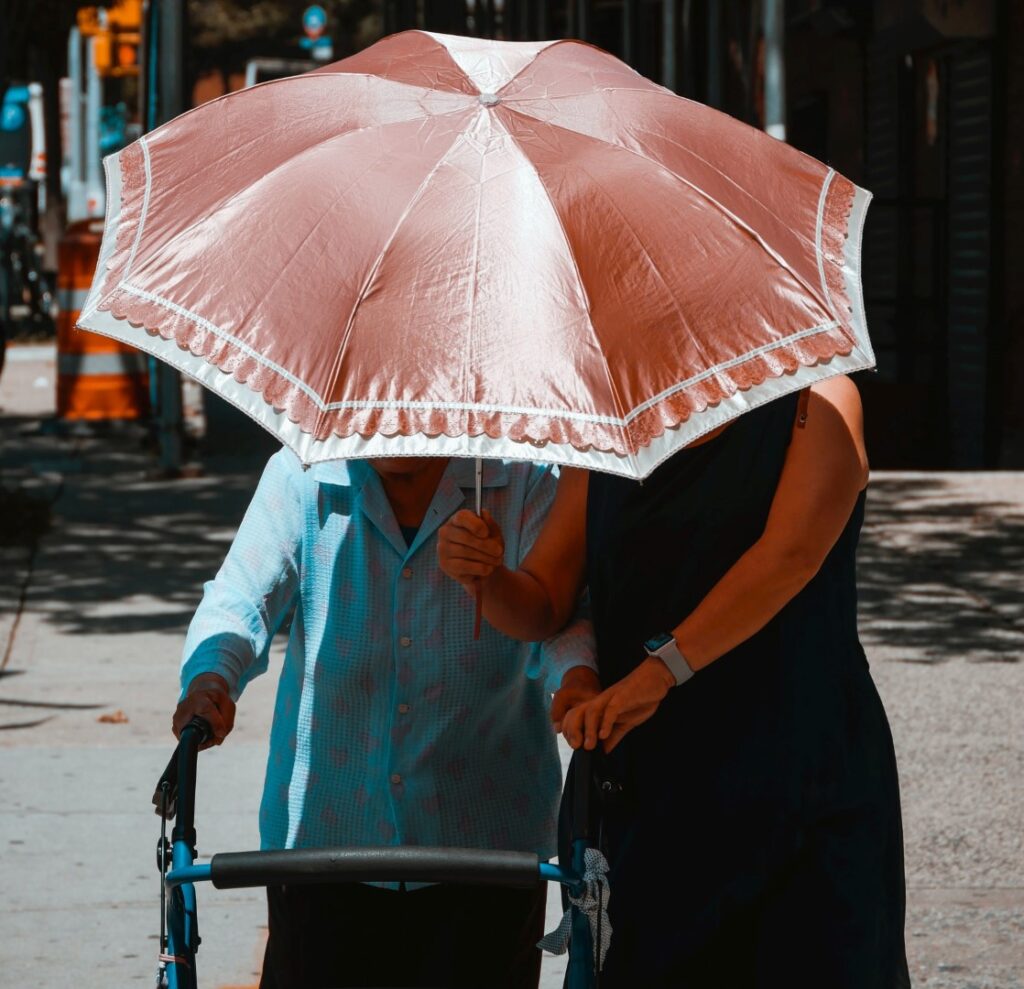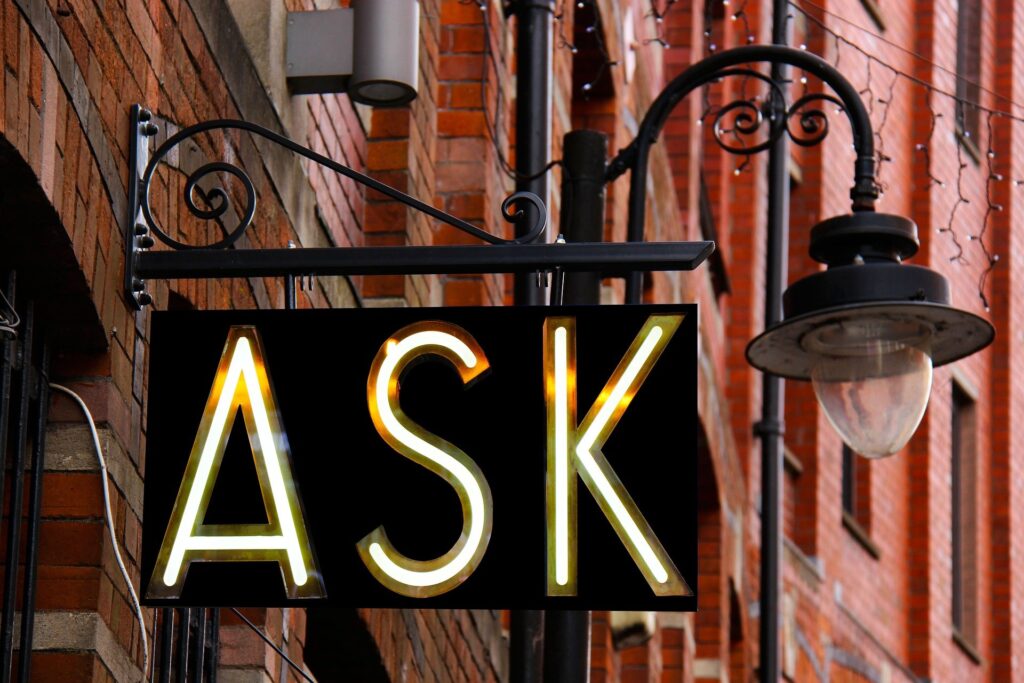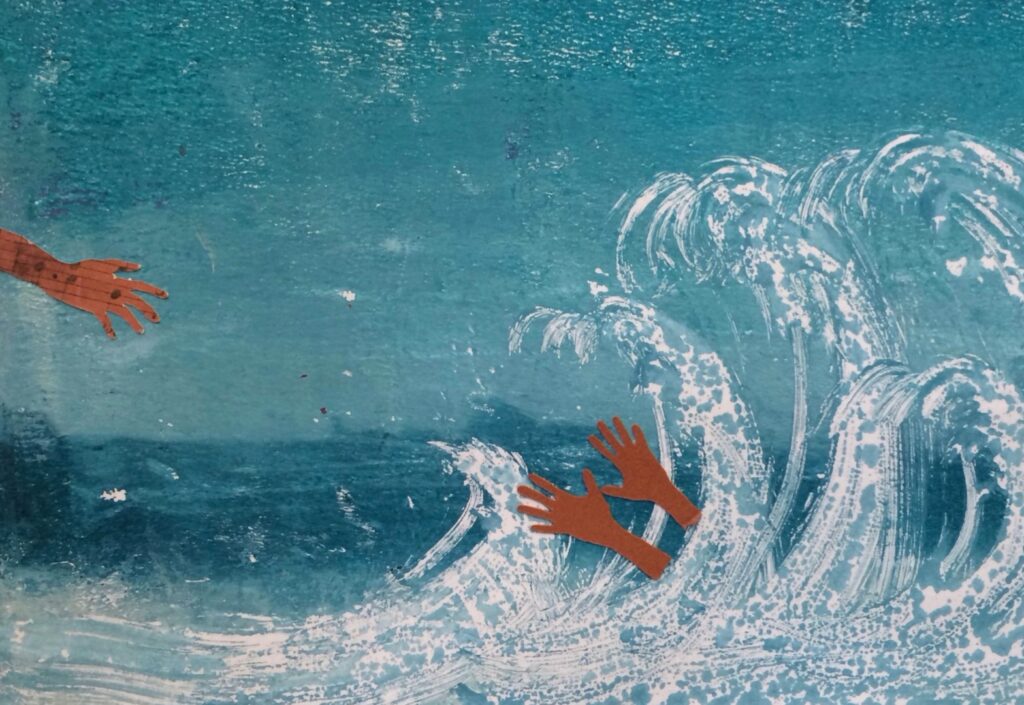A six-year-old girl has a brain tumor and the hard-working family wants to spend as much time with her as possible; a 20-year-old student has a dream of publishing her poetry book, but financial difficulties, including student loans, have made it impossible; a man’s small hobby business was destroyed in a fire and he wants to reopen his store. What do these three people have in common? They’re all on their way to reaching their monetary goal on a popular site we all know.
They’re in good company as there are hundreds of thousands of other campaigns also in progress across that popular site and their similar alternatives. We are in the era of crowdfunding and, like it or not, everyone needs help at one point or another.
So on a website like GoFundMe, we have regular people who have put their pride aside to seek help from friends, family and strangers alike. But are they all asking for themselves? There is also a lot of “my brother-in-law needs help” and such going on too. Not everyone is comfortable initiating these sorts of campaigns but are allowing others to start them on their behalf.
But this is not a post about crowdfunding. It’s about how loss, sickness, crisis, and disaster can lead to new beginnings, recovery, dreams come true, and realized potential if only people would just ask for help.

I came up with this list of thirteen possible reasons people DON’T reach out for help when they need it. I dug deep with the brainstorming here and if I missed anything, I invite you to comment below.
1. Your pride and ego get in the way
You may have been raised to believe that the only way to feel good about yourself is to never need anyone else. I think of your average “macho man” here. They’ll do it themselves if it kills them.
2. You only see the stigma of looking weak and helpless
Similar to the pride/ego thing except it applies more to the average person who may not have excessive egos – like people who don’t want to attend a soup kitchen because they’d have to admit that they need help on such a basic level.
3. You don’t want to be a burden to others
Some people don’t want to admit that they’re sick or have lost everything because it would mean, in their minds, that it would be a strain on their family and friends. I see it on TV all the time – someone gets cancer or something and doesn’t tell their loved ones for months until it’s too late and now the family is resentful that they could have spent more time with the sick person (or done more) had they known. It is a popular TV trope but it happens in real life as well.
4. You feel stupid and vulnerable
Whether you have decent smarts or not, it’s easy to fall into this category if you’re not secure with yourself. It literally has nothing to do with how intelligent you actually are. Some brainiacs could always fear not being the smartest in the room; but people with below average intelligence can also find it tiresome to be the one that people have to help all the time. It’s just the same thing from a different perspective.
5. You don’t want to owe anyone
If you’re a tally-keeper and you have an obsessive need to be square with others at all times, you may need to exhaust all your other options before getting anyone else involved. Think of the guy that would rather hire a tradesperson to build a shed in his backyard than to enlist the help of his buddies on the weekend with just the promise of beer and pizza.
6. You fear rejection
“Ask and you shall receive” is bulls**t.
Period.
When you’re the type of person who is scared to ask for anything to begin with and then get turned down without discussion when you finally do. That’s it – you’re probably done asking for life!
7. You previously had a bad experience asking
I don’t have any examples here, but there is a bad experience for everything, so why not for this? All I can say is, like with rejection, a bad experience would be taxing for the human spirit.
8. You’re used to being the one to give help
Maybe to you, asking for help is something only other people do. You’re the giver, not the taker. Being on the other side of things is not even a debate.
9. You value privacy more than anything else
This is another version of the vulnerability factor. You have to put yourself out there and submit to scrutiny and it’s too much like opening Pandora’s Box for some. Once it’s out, you can’t put it back.

10. You worry about angering or annoying people
Do you ever worry you’re going to cause bad feelings between you and yours by asking for and taking their help? Maybe they’ll think you rely on them too much. Maybe it’s true and you just need some problem-solving tips.
11. When the most appropriate person to ask for help is someone you don’t trust/respect/find competent
Are you the dominating half of an unbalanced relationship and don’t see your partner as capable of being your “Consigliere”? Are you a parent of grown children and feel the same way about them? The dynamic of these types of relationships can lead to apathy on the other side, and in extreme cases, estrangement.
12. You genuinely believe that there is nobody out there that can help you
I wonder if people just feel like they’re the only ones experiencing their particular problem and so they genuinely feel stuck and keep it to themselves. This has been my experience a few times, until I Googled my problem and found a gazillion sites, books, and other resources about the same problem. It’s a good reality check if you happen to think you’re special. Rule of thumb – there is always someone out there who can relate.
Just be careful on sites like Reddit, where people can get rather abrasive out of nowhere. It’s heartbreaking when people post questions but feel the need to add all their little disclaimers like “Please be kind…English is my second language…I’m posting from my phone…I’m only 12”
13. When asking for help is not appropriate
Do some people deserve help more than others? Maybe the people who actually try to help themselves first – the ones who put effort into getting creative and thinking out of the box? The ones who are willing to do most of the leg work and heavy lifting? Ok, too many metaphors.
How about a story instead…
One time I got sent by my company for a full day of training at IBM in Toronto for one of their new products. It was just a classroom setting with an instructor who thought he’d change it up a bit and divide us into groups of two for an activity. We had to open up a server and identify some parts inside and then give him an answer to a specific question about what we saw inside (I can’t remember what it was). He gave each group a user manual and said that everything we needed to know was in there.
I was paired up with a real winner, I’ll tell you. Two seconds after looking into the box, he asked me a question. I said “I don’t know, let’s look in the book”. He completely dismissed me and said “no, let’s ask the teacher”. I said “no, the answer is in here, we just have to look”. Well – he just looked at me like I had THREE HEADS and asked “Why on earth would you ever waste your time looking ANYTHING up, when the teacher is right there and can give you the answer right away?” I mean was this guy for real?
That was over twenty years ago and although I only knew that guy for a few hours, I often think about him and wonder how his life turned out.

How different personality types ask for help
Here’s how Myers-Briggs suggests different personality types feel about asking for help. Which one are you and does this assessment seem accurate?
As an INTP, I have learned some incredible problem-solving skills as a result of my personality’s need for independence and alone time. I despise asking anybody anything, but at the same time, I know when I have to.
If you haven’t yet determined your type, take the test here.
Final random thoughts…
Help is not just for the lost, the dumb, the lazy, the selfish, the weak or sick; help is also for the brave, the hard-working, the wise, the strong, the self-sufficient, and the resilient.
Everyone’s threshold for asking is different – it’s somewhere between minor hiccup and major hardship.
And don’t forget, sometimes all you need is a second opinion. Don’t feel like you have to take someone’s advice just because you asked for it. Those who scratch their heads wondering why you asked if you’re not even going to listen to them — that’s not how it works! Advice does not translate to obligation.
And finally – PLEASE BE KIND! Be kind if you’re the one asking. Be kind if you’re the one helping. Be kind when declining help you didn’t ask for. Be kind when someone refuses your help.
Sooooo…What has stopped YOU from asking for help in the past? Please reply in the comments.




